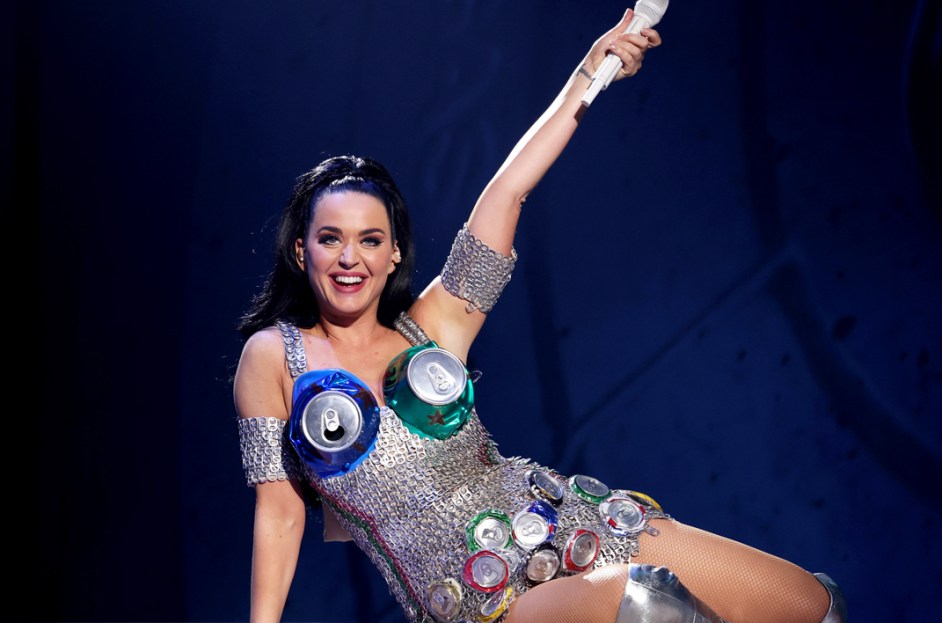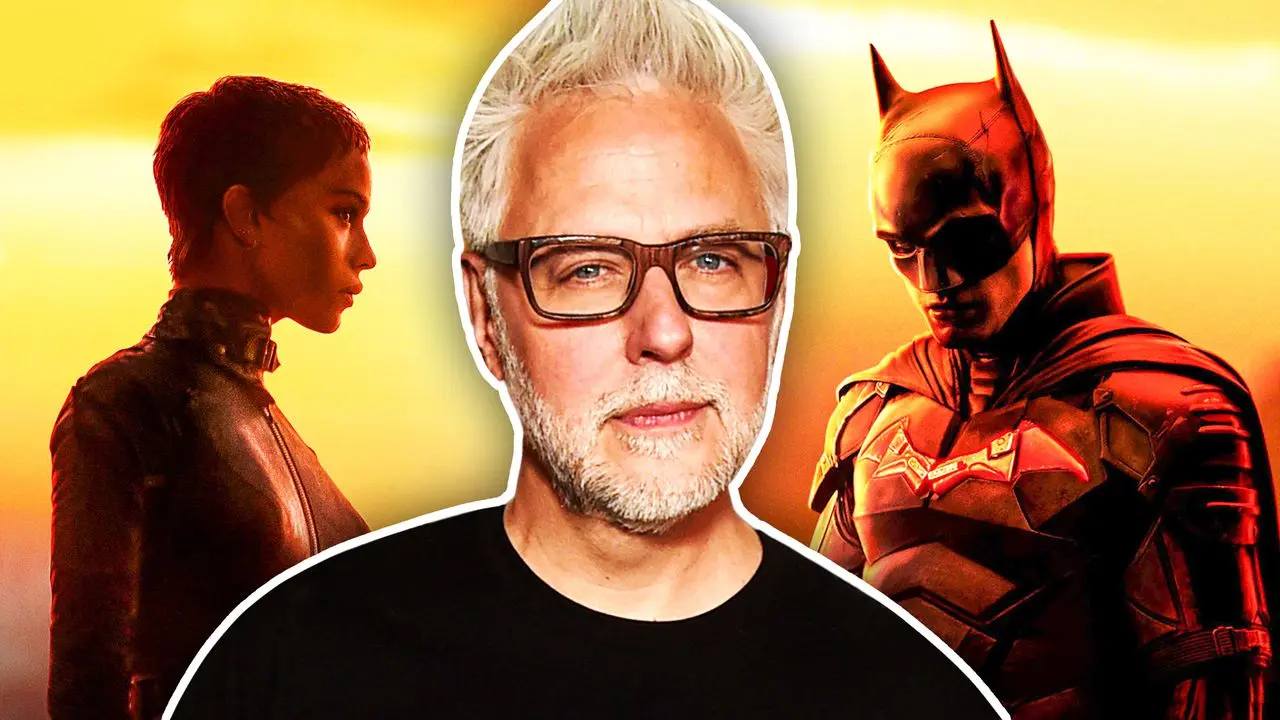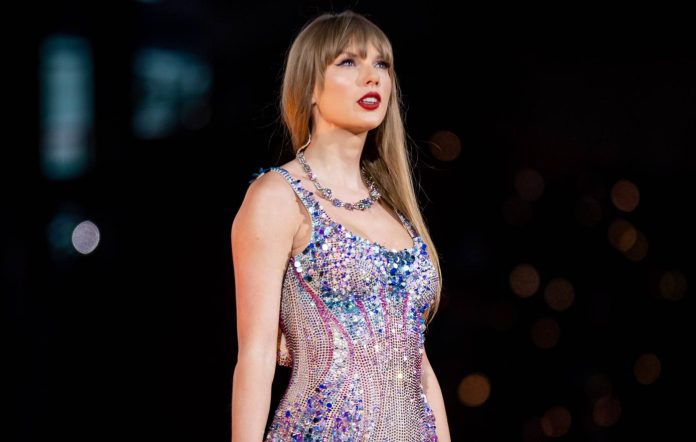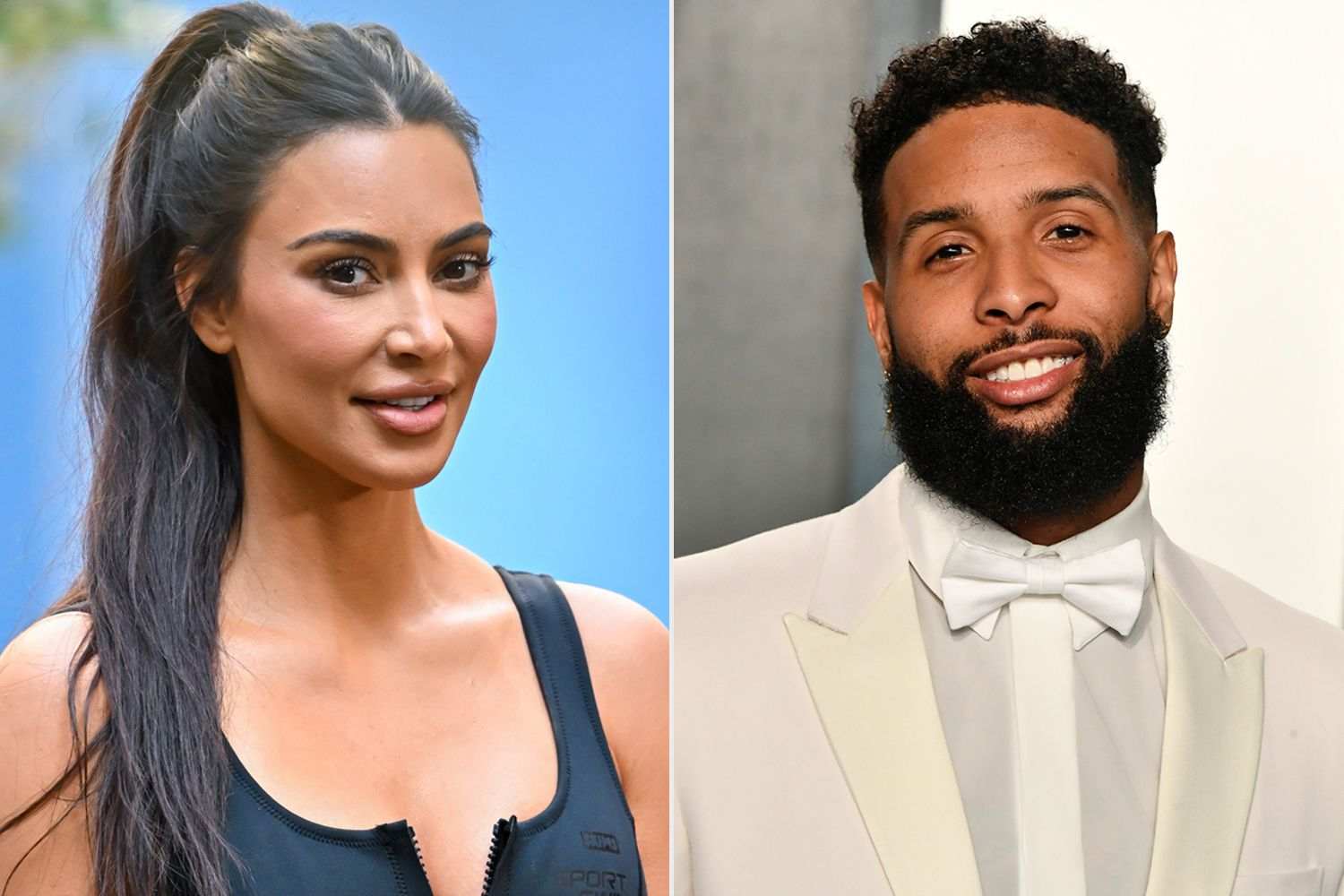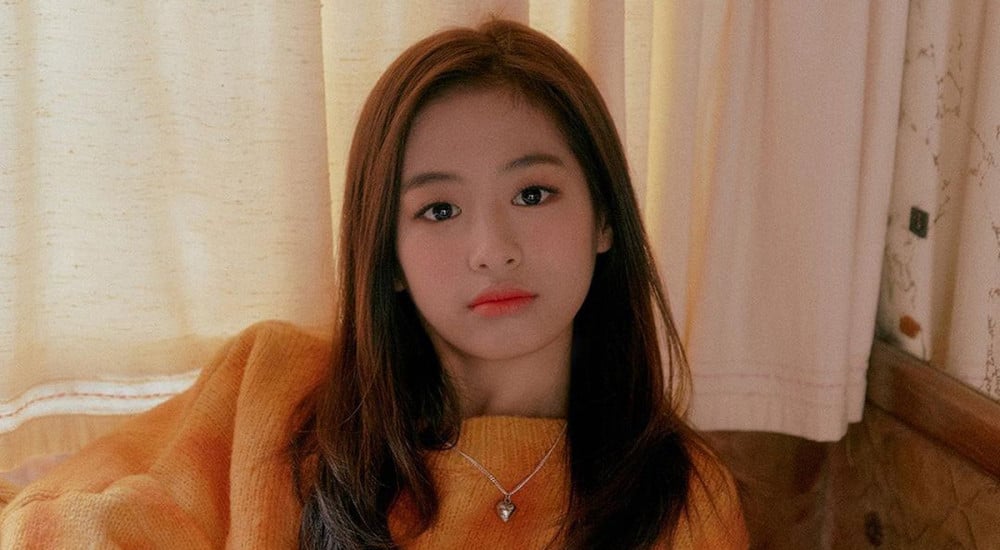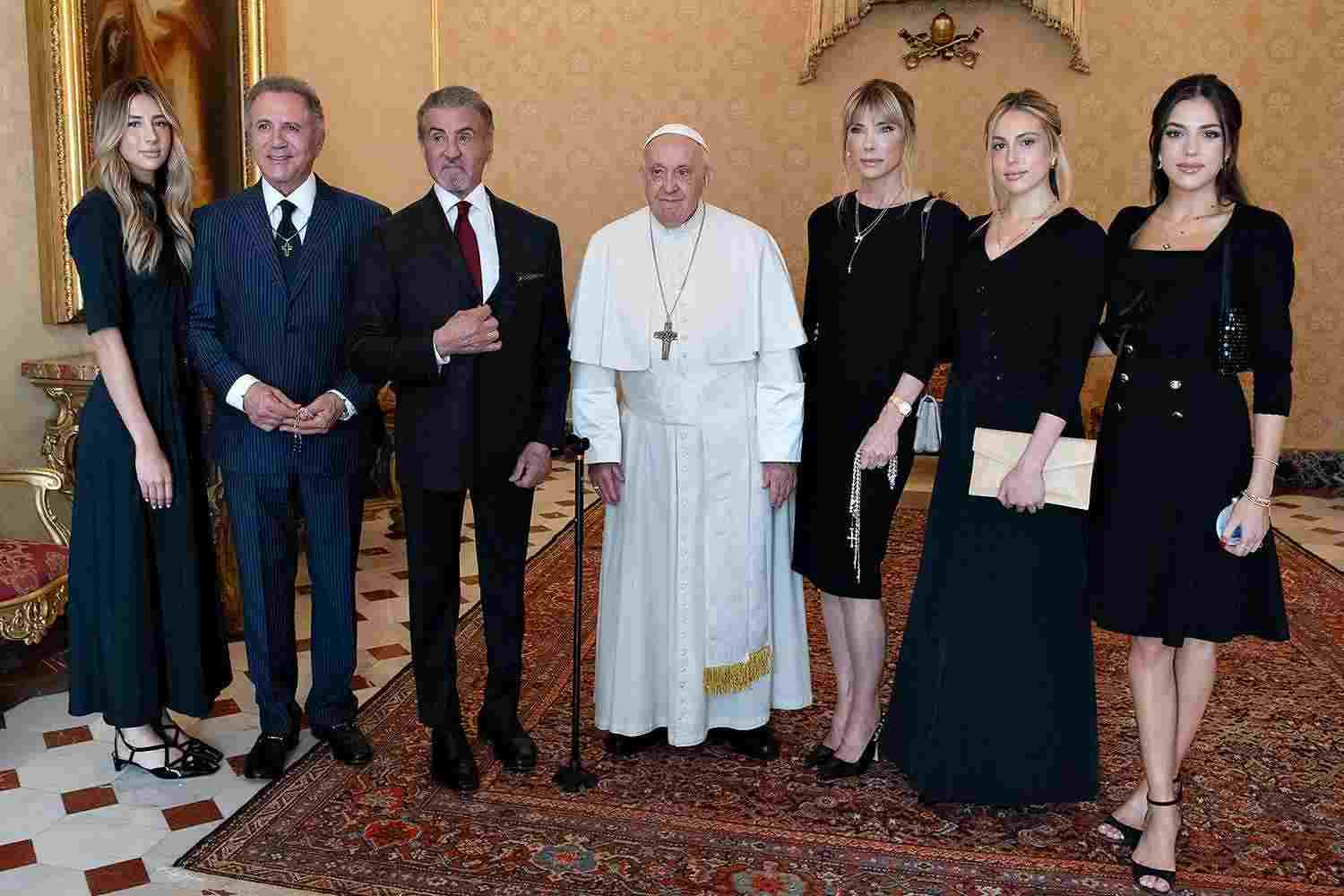Whoopi Goldberg On Margot Robbie and Greta Gerwig: ‘Not Everybody Gets a Prize’
Whoopi Goldberg, a legendary presence in the world of Oscars, has dived into the storm of controversy, stating that Greta Gerwig and Margot Robbie weren’t snubbed at the 2024 Oscars. This perspective challenges the prevalent idea and throws light on the subjective nature of the film industry. As the Academy faces criticism for its choices, Goldberg’s take urges us to dig deeper into the dynamics shaping Hollywood recognition.
Notable Nominations and Controversy
Barbie, a cinematic gem, snagged an impressive eight nominations, including the coveted Best Picture, at the upcoming Oscars. However, the absence of Greta Gerwig in the Best Director category and Margot Robbie in the Best Actress category has stirred discontent within the film community and on social media. Despite Gerwig and Robbie getting nods in pre-cursor awards like the Golden Globes and Critic’s Choice Awards, the Oscars’ exclusion has sparked intense discussions about representation and acknowledgment in the film industry.
Whoopi Goldberg’s Stance: Not Everybody Gets a Prize
On “The View,” Whoopi Goldberg, an Academy Award winner and four-time Oscars host, gave her unfiltered take on the alleged snubs. When Sara Haines questioned when a non-nomination becomes a snub, Goldberg responded with a straightforward, “Everybody doesn’t win” and emphasized, “You don’t get everything you want to get.” According to her, there are no snubs, highlighting the subjective nature of the movie industry. The diversity of opinions among voters, she claims, leads to variations in nominations and recognitions.
The Subjectivity of Film Industry
Goldberg’s stress on subjectivity brings attention to a core aspect of the film industry. Movies, being an art form, are inherently subjective, with opinions about their quality and impact varying widely. The Oscars, as the pinnacle of film recognition, become a stage for this subjectivity to unfold. While some films resonate strongly with audiences and critics, others may not receive the same level of appreciation, leading to what some perceive as snubs.
The omission of Gerwig and Robbie from the Best Director and Best Actress categories, despite their contributions to “Barbie,” raises questions about the criteria for nominations and the factors influencing voters’ decisions. Goldberg challenges the audience to consider the complexity of the Oscars’ selection process and the multitude of perspectives that shape it.
Industry Reactions: Voices of Discontent
Ryan Gosling, nominated for Best Supporting Actor for his role in Barbie, expressed his disappointment with the Oscars committee’s decision. He acknowledged the talents, grit, and genius of Gerwig and Robbie, emphasizing their significant role in the success of the film. Gosling expressed profound disappointment that their contributions were not acknowledged in their respective categories, highlighting the need for recognition of their exceptional work.
America Ferrara, who secured a Best Supporting Actress nomination for her role in Barbie, echoed similar sentiments. She praised Gerwig for creating a global phenomenon and expressed disappointment at her absence from the nomination list. Ferrara’s disappointment mirrors the sentiments of many who see Gerwig’s directorial prowess and Robbie’s stellar performance as deserving of recognition on the grand stage of the Oscars.
Even Hillary Clinton, not a stranger to political battles, lent her voice to the conversation. Sending a supportive message to Gerwig and Robbie, she acknowledged the sting of not taking home the gold but reassured them of the love from their millions of fans. Her message, while empathetic, also brought attention to the broader impact and significance of artists beyond the realm of accolades.
The Road Ahead for Barbie: Navigating Awards Season
Despite the controversy, Barbie remains a strong contender for the prestigious Best Picture award. The film’s success, coupled with Greta Gerwig’s nomination for Best Adapted Screenplay alongside co-writer Noah Baumbach, showcases the multifaceted nature of the recognition landscape. While the exclusion of Gerwig from the Best Director category remains a point of contention, the film’s resilience in other categories underscores its impact and contribution to cinematic excellence.
The 2024 Oscars, set for Sunday, March 10, will be the grand stage where the fate of Barbie and the acknowledgment of its outstanding contributors will be decided. The anticipation surrounding the event reflects not only the competitive spirit of awards season but also the larger conversation about representation, diversity, and the recognition of talent in the film industry.
Beyond Barbie: A Reflection on the Oscars Landscape
The debate over snubs and recognition extends beyond “Barbie” to encompass broader discussions about diversity, representation, and the criteria for awards. Whoopi Goldberg’s assertion challenges the audience to reconsider the expectations placed on award ceremonies and the complexities involved in selecting nominees.
The Oscars, as a reflection of industry trends and societal values, play a pivotal role in shaping narratives and influencing future productions. The ongoing discourse around snubs prompts a critical examination of the factors influencing nominations, the diversity of voices in the industry, and the evolving definition of cinematic excellence.
Conclusion
In the ever-evolving landscape of the Oscars, controversies surrounding alleged snubs persist. Whoopi Goldberg’s unwavering stance against the idea of snubs injects a fresh perspective into the ongoing conversation. As the film industry grapples with the subjective nature of recognition, the 2024 Oscars will undoubtedly be a defining moment, shaping the narrative for future awards seasons and influencing the broader discourse on representation and acknowledgment in Hollywood.
The Oscars controversy surrounding Gerwig and Robbie prompts a deeper exploration of industry dynamics, subjectivity in film appreciation, and the evolving definition of cinematic excellence. Whoopi Goldberg’s perspective challenges preconceived notions, shaping the discourse around representation and acknowledgment in Hollywood. The 2024 Oscars will be a pivotal moment in this ongoing narrative.


